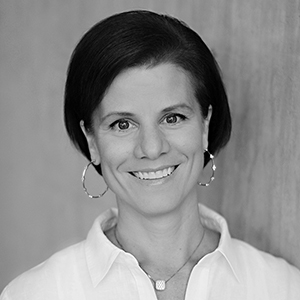We are all broken, that’s how the light gets in. — Ernest Hemingway
I just turned in the final Sterling Canyon book to my editor, which means it’s time to start a new series. Similar to my St. James series, this one will be a set of connected stories (tentatively, the Cabot novels) centering around three siblings in a somewhat dysfunctional yet loving family.
One theme that will be layered throughout the first book will be grief (personal and professional). I know. I’m writing romance, so why veer toward heavy sorrow? Why give both the hero and heroine a material, complex loss to overcome?
Well, because, to me, I’m writing a love story. And not all love stories should be witty, sexy romps filled with banter and white-hot attraction. In real life, some true love stories are borne from the worst circumstances, and are all the more memorable for it. Of course, whether or not I’m up to the challenge of writing that bittersweet yet compelling love story is yet to be determined. I hope so.
I also suspect there are readers mourning things in their lives–not just deaths, but other losses–who might be inspired by characters who overcome grief. In most of my stories, I aim to create realistic and familiar scenarios that readers can relate to and, even better, that challenge their perspective with regard to “the norm.” I love a good debate, after all. In my opinion, nothing teaches us more about ourselves and the world than when we are forced to consider an opposing point of view.
Finally, how we handle grief says something about who we are. We can all agree that the basis of grief is a lost attachment. Some people choose to avoid deep attachments in order to prevent grief. Others may have had an unhealthy attachment or unresolved difference with someone from which they might forever struggle to recover. And finally, some may handle grief remarkably well because they focus on their gratitude for the attachment they had the privilege to enjoy for however long it lasted. In all these cases, you have a very different character in play, which gives me a lot of directions I can pursue in terms of character and story development.
Best of all, this kind of theme allows me to really explore the truth of Hemingway’s observation. I love that quote, not only for its simplicity, but also for its optimism. That is the goal–the endpoint–of any character arc, after all. From darkness to light. Hopefully by beginning at the lowest of lows, the high will be more satisfying.
Speaking of characters, if you’d like to help me build the foundations of new ones, share your take on grief. Have you seen someone handle it very well or very poorly? Do you have a process that speeds up your recovery time, or do you go dark and quiet for a while? Do you rely on faith or friends? Do you get angry? Let me know and you might see your note reflected in my new story next year.
xo-Jamie



